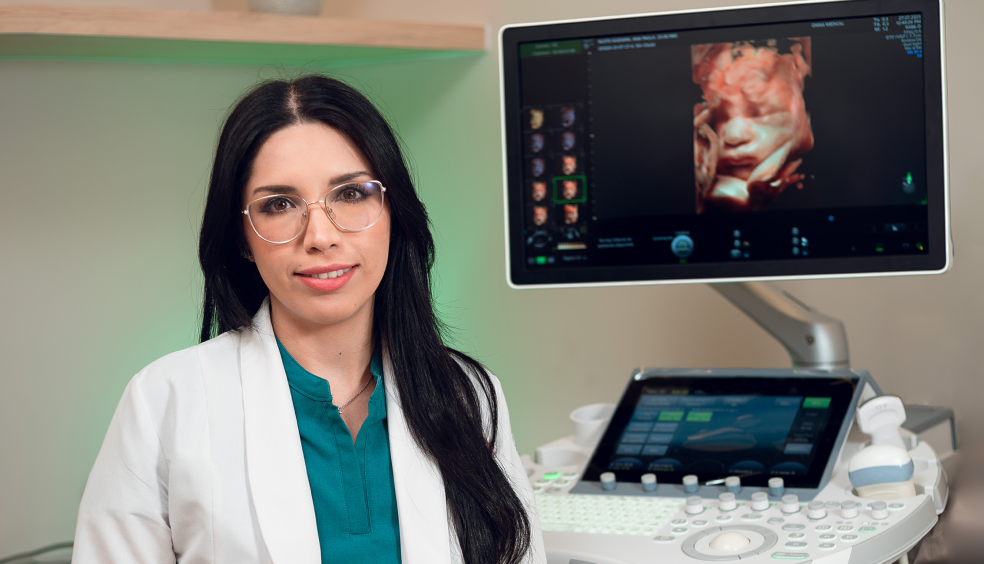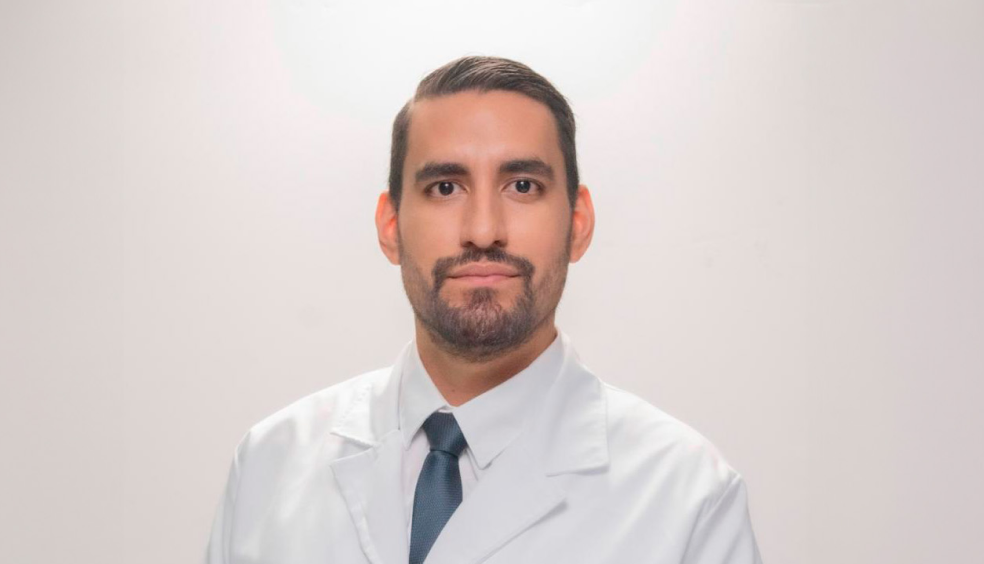Fetal well-being tests are like a particular check-up for your baby, giving us an overview of how your little one is feeling at that moment.
Fetal well-being tests are like a particular check-up for your baby. They give us an overview of how your little one is feeling at that moment. They are a way to ensure that everything is going well and that your baby is as happy and healthy as it should be.
These tests are usually done in the third trimester of pregnancy, starting from week 28. But don’t worry—your doctor will guide you and, if appropriate, let you know the best time for you and your baby.
Most of the fetal well-being tests we offer at ONNA Medical do not require anesthesia and are designed to be as comfortable as possible for you and your baby.
However, in some specific cases, the doctor might recommend certain invasive tests that require anesthesia. We will always inform you in detail and discuss the options so you can make the best decision.
Fetal well-being tests are generally safe and aim to ensure the baby’s health. However, it’s always best to discuss any concerns with your doctor.
These tests act as a sentinel guarding your baby’s health. They help us detect a variety of conditions, such as oxygen deficiency, fetal distress, umbilical cord abnormalities, and other factors that could affect your little one’s well-being.
But remember, in most cases, these tests confirm that everything is going well and that your baby is happy and healthy.
The procedure is simple and comfortable. At ONNA Medical, we perform different tests, such as ultrasounds, fetal heart rate monitoring, stress tests, and biophysical profiles, depending on the most suitable for you and your baby. Everything is designed to make you feel relaxed and secure during the process.
The duration of this procedure can vary depending on the total number of tests to be performed. Generally, each test takes between 20 and 60 minutes.
Most fetal well-being tests at ONNA Medical are non-invasive and designed to be as comfortable as possible for you and your baby.
However, in some specific cases, the doctor might recommend invasive tests. We will always inform you in detail and discuss the options so you can make the best decision.
Results are usually available quickly, often the same, or the next day. Once they are ready, we will email your attending gynecologist and you the results of your studies.

Gynecologist and Obstetrician with a subspecialty in Maternal Fetal Medicine and training in advanced fetal echocardiography.
Certified by the Mexican Council of Specialists in Gynecology and Obstetrics, and the Fetal Medicine Foundation. As an expert in maternal-fetal health, I try to convey to my patients the importance of care and supervision during pregnancy.

Gynecologist and Obstetrician with a subspecialty in Maternal-Fetal Medicine, certified by the Mexican Council of Specialists in Gynecology and Obstetrics and the Fetal Medicine Foundation.
Expert in the monitoring and management of high-risk pregnancies, detection of congenital disabilities, and twin pregnancies.

Gynecologist and Obstetrician with a subspecialty in Maternal Fetal Medicine by the UNAM. Experienced in the management of high risk obstetric and gynecologic pathology.
Certified by the Fetal Medicine Foundation in Cervical Assessment, Preeclampsia Detection and Doppler Ultrasound. Afiliado a la International Society for Prenatal Diagnosis y The Society for Maternal-Fetal Medicine. Affiliated to the International Society for Prenatal Diagnosis and The Society for Maternal-Fetal Medicine.
It is performed between the 11th and 14th week, and with it, we can know how many weeks of pregnancy you have and if there is a risk of Down Syndrome.
It is a blood test that detects two placental hormones; it improves the detection of Down Syndrome, Preeclampsia, and growth restriction.
During the second trimester, we carefully evaluate your baby's organs.
It provides information about the baby's growth, position, and the state of the placenta and amniotic fluid.
Our equipment offers images of greater clarity and resolution, which allows you to get to know your baby on a deeper level.
Allows for the evaluation of the baby's heart development and function, identifying possible heart anomalies and ensuring appropriate monitoring during pregnancy.
It consists of extracting amniotic fluid by means of an ultrasound-guided needle. It is performed after 15 weeks for the prenatal diagnosis of genetic disorders.
It is a procedure in which a small placenta sample is obtained under ultrasound control. It is performed between 10 and 14 weeks to diagnose genetic diseases.
It is a test that evaluates the behavior of your baby's heart and helps us determine if its oxygen supply is adequate.
It allows you to rule out chromosomal alterations in your baby, such as Down syndrome, using a blood sample from the mother.
Helps to relieve pain and discomfort caused by postural changes during pregnancy, improving lumbopelvic mobility, decreasing circulatory problems and maintaining pelvic floor muscle tone.
Improves musculoskeletal structures after pregnancy, provides lymphatic drainage and treatment for soft tissues and scars, facilitating a healthy and safe recovery.
Personalized nutrition plan to enhance chances of successful pregnancy. Custom strategies for couples diagnosed with infertility. Includes comprehensive assessment, tailored recommendations, and ongoing support.
Stage-specific nutritional strategies throughout pregnancy, with progress monitoring and customized recommendations based on each patient's individual needs.
Professional guidance for successful breastfeeding. Includes nursing techniques, solutions for common challenges, and nutritional recommendations during the lactation period.

Av. Paseo de la Reforma 2654, Quadrata Tower, 14th Floor, Office 1401, Lomas Altas, Miguel Hidalgo, CP 11950, Mexico City.
.
WhatsApp: +52 55 2248 8874
Manacar Shopping Center, Av. Insurgentes Centro 1457, Basement 1, Onna Unit, Mixcoac, Benito Juárez, CP 03920, Mexico City.
WhatsApp: +52 55 7473 7747